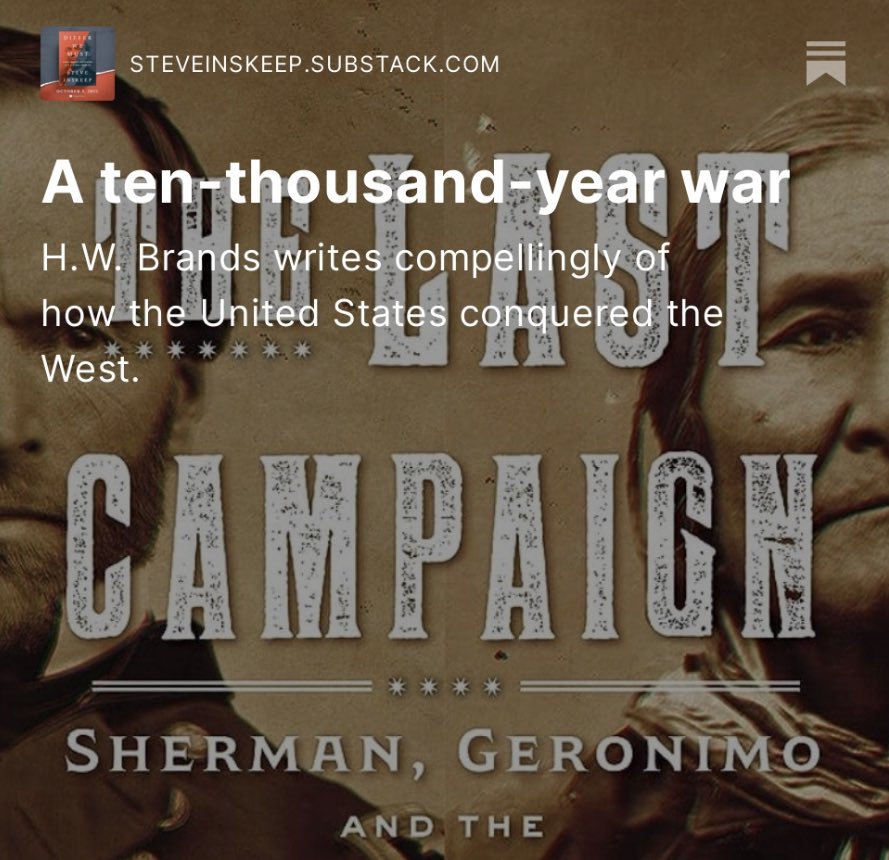It's really not sufficient to say that last night's debate was awful, though of course it was. The point of a debate is to compare the candidates for the job they're asking us to give them. And they differed pretty clearly on what they would do with the next four years.
Here is some of what Biden said he’d do with four years: Preserve and improve the ACA. Enact a public option. (Chris Wallace questioned him sharply on whether that public option would replace private insurance; Biden insisted it wouldn't.)
Biden said he opposes the Green New Deal but would invest in green energy. Said there will never be another coal fired power plant built in America. He talked of “ending the use of fossil fuels to generate electricity by 2035 and zero, none, emission of greenhouse gases by 2050.”
Biden said he wants the federal vehicle fleet to be electric. He said he would insist that the federal government buy American. There is a lot to debate on that latter point, though they didn't much get into it.
Biden also said there would be a battle in the courts over Roe v Wade and he wants to preserve it. He said he would raise some taxes. He said the corporate tax would climb from 21% up to 28%; Trump had lowered it.
In a curious moment, Trump asked why Biden hadn't rolled back Trump's tax cut when he was vice president, before Trump signed it.
TRUMP: Why didn’t you do it before, when you were vice president with Obama?
BIDEN: Because you in fact passed that, that was your tax proposal.
TRUMP: Why didn’t you do it before, when you were vice president with Obama?
BIDEN: Because you in fact passed that, that was your tax proposal.
What did Trump say he would do with the next four years? Much, much less. He was far more likely to defend the prior four ("we built the greatest economy in history. We closed it down because of the China plague.") But he clearly differs with Biden on judges and the ACA.
The president vaguely acknowledged a human role in climate change ('to an extent") but when asked what he would do about it, pivoted to a general opposition to pollution: "I believe that we have to do everything we can to have immaculate, air immaculate water."
The president defended ending fuel economy standards because "the car is much less expensive and it's a much safer car and you talk about a tiny difference." That's a pretty stark difference with Biden, who spoke of dramatic changes in vehicles and electricity by 2035 and 2050.
It's not surprising the president said less about what he wants to do; his party drafted no 2020 platform. But he made it clear that he would not do many things that Biden favors doing. In short, the stylistic ugliness of the debate obscured genuinely large policy differences.
• • •
Missing some Tweet in this thread? You can try to
force a refresh








